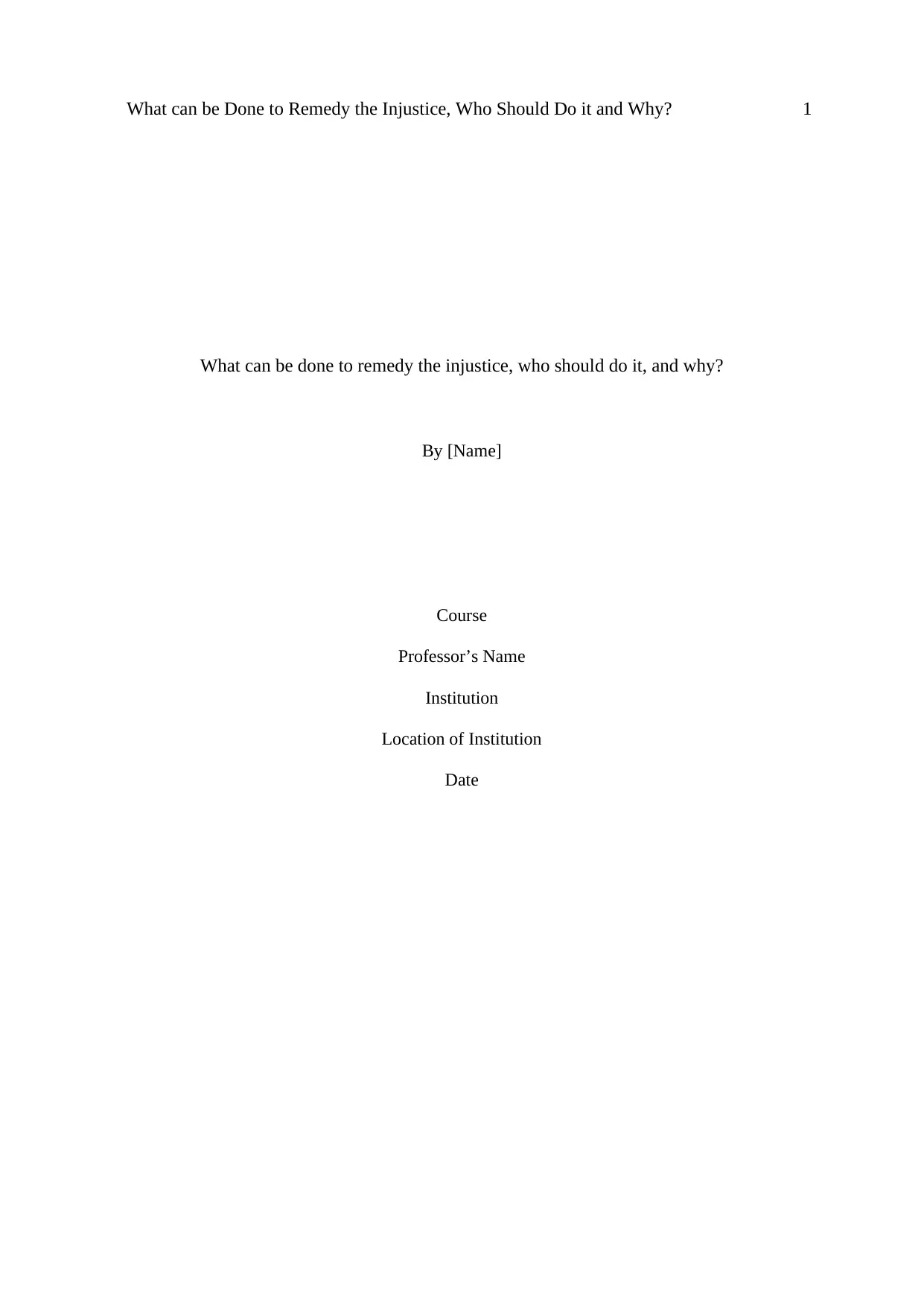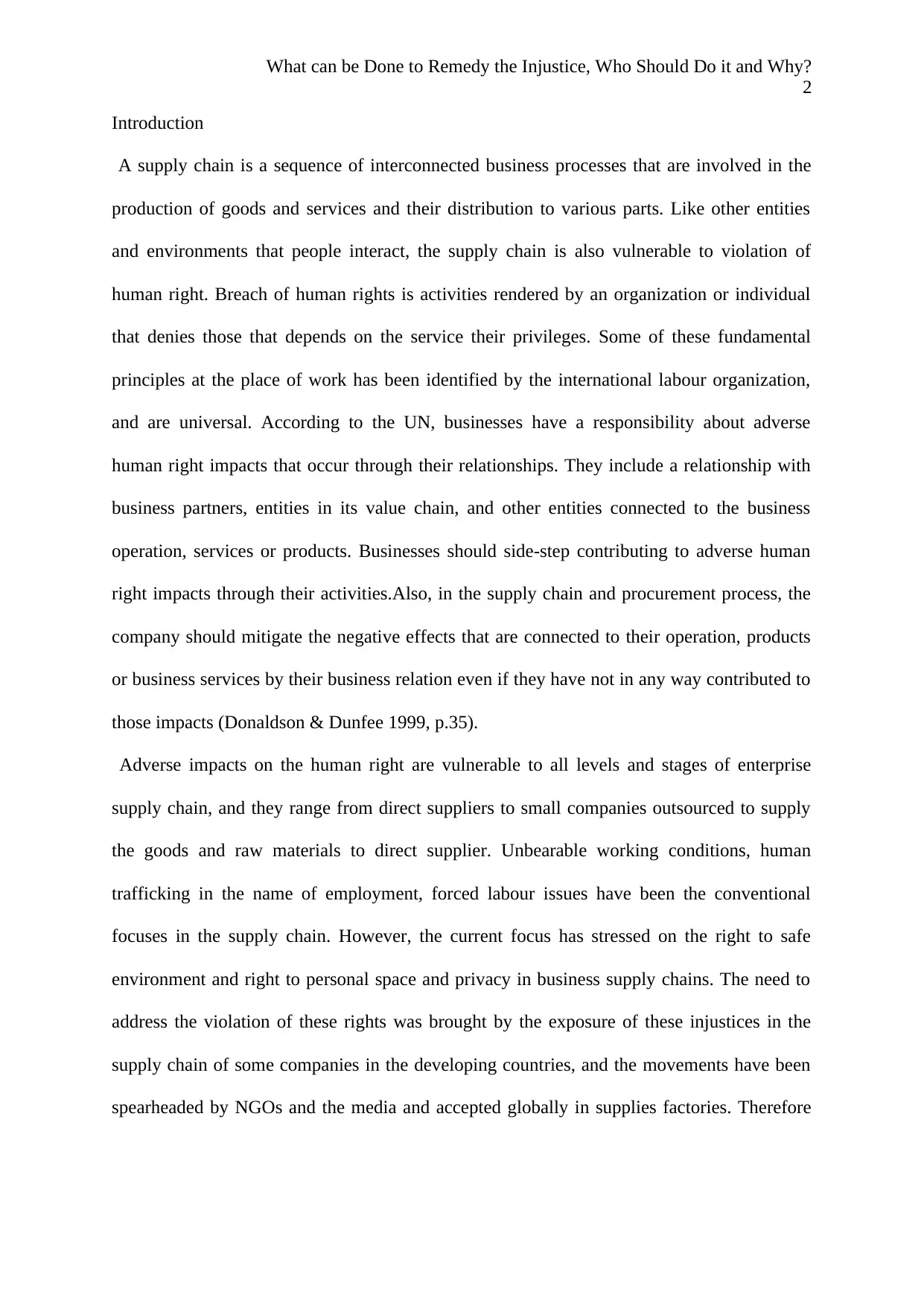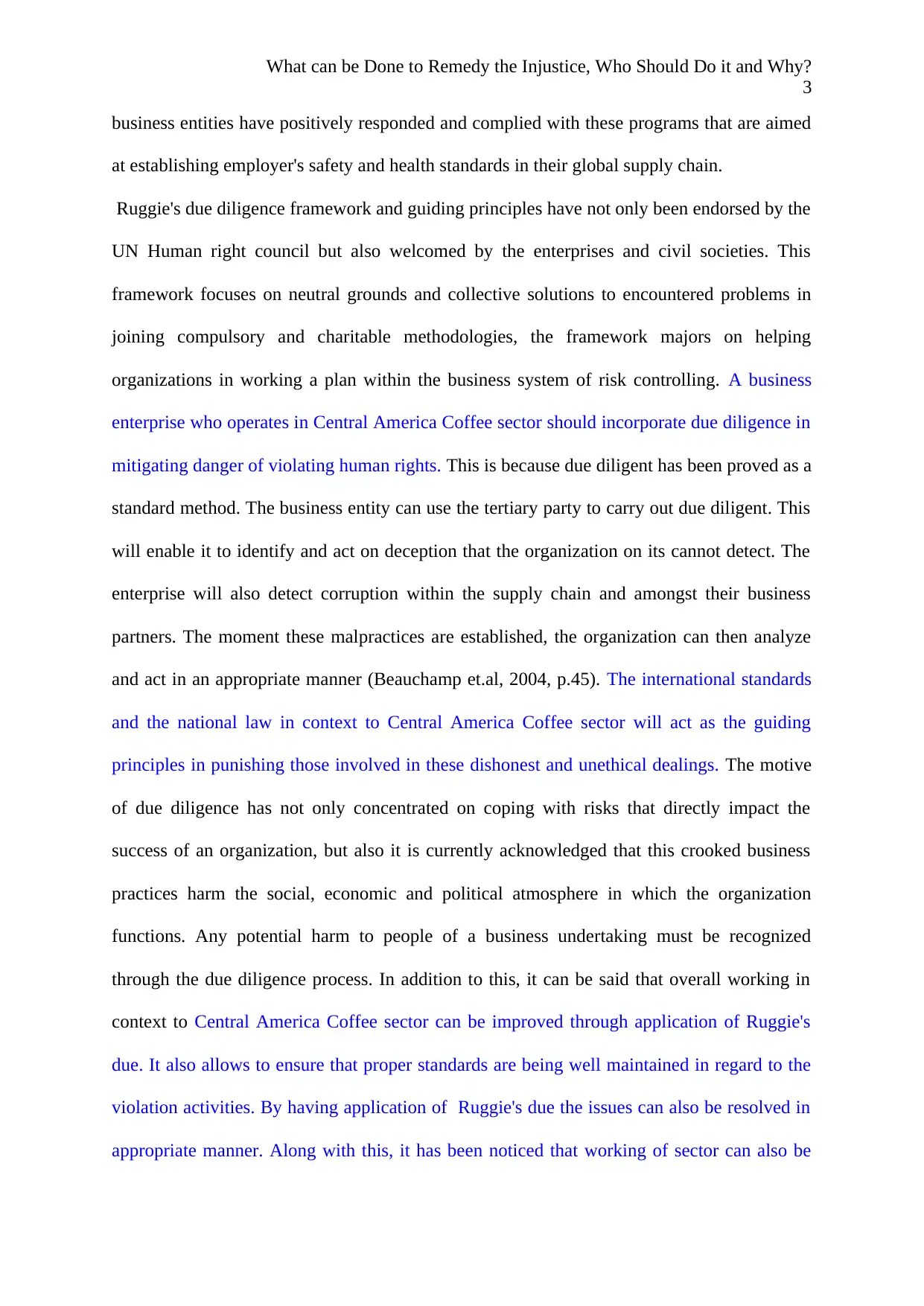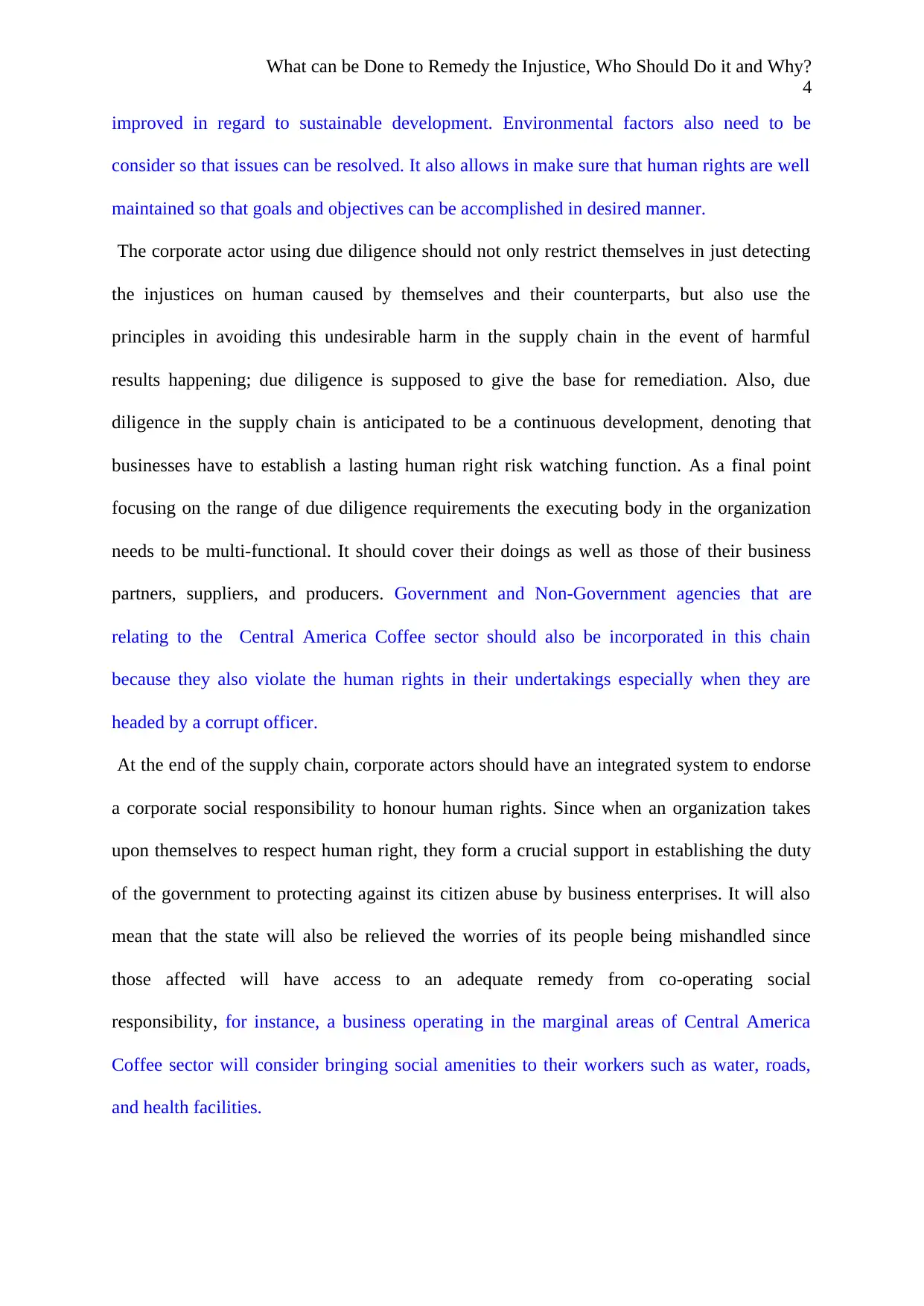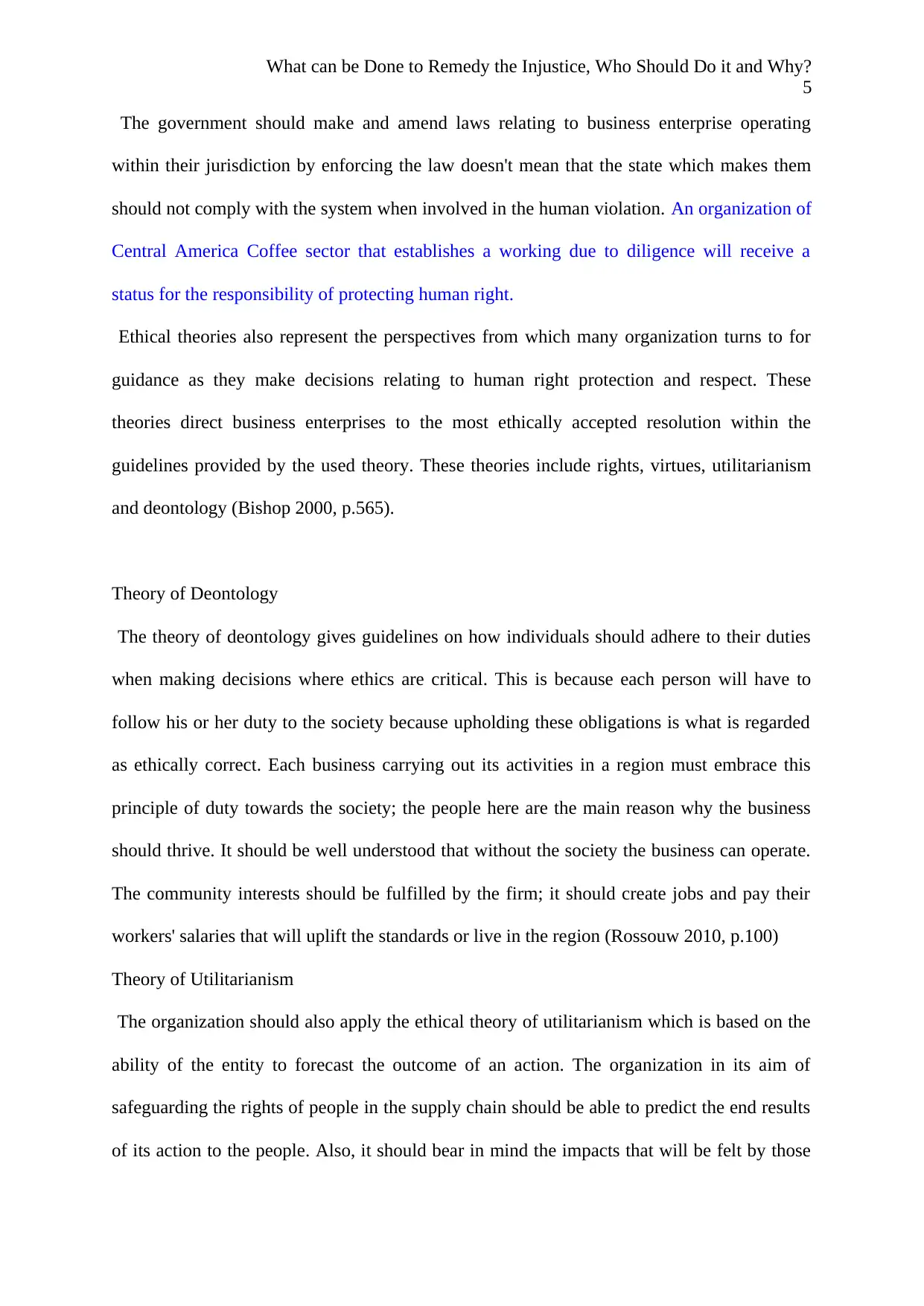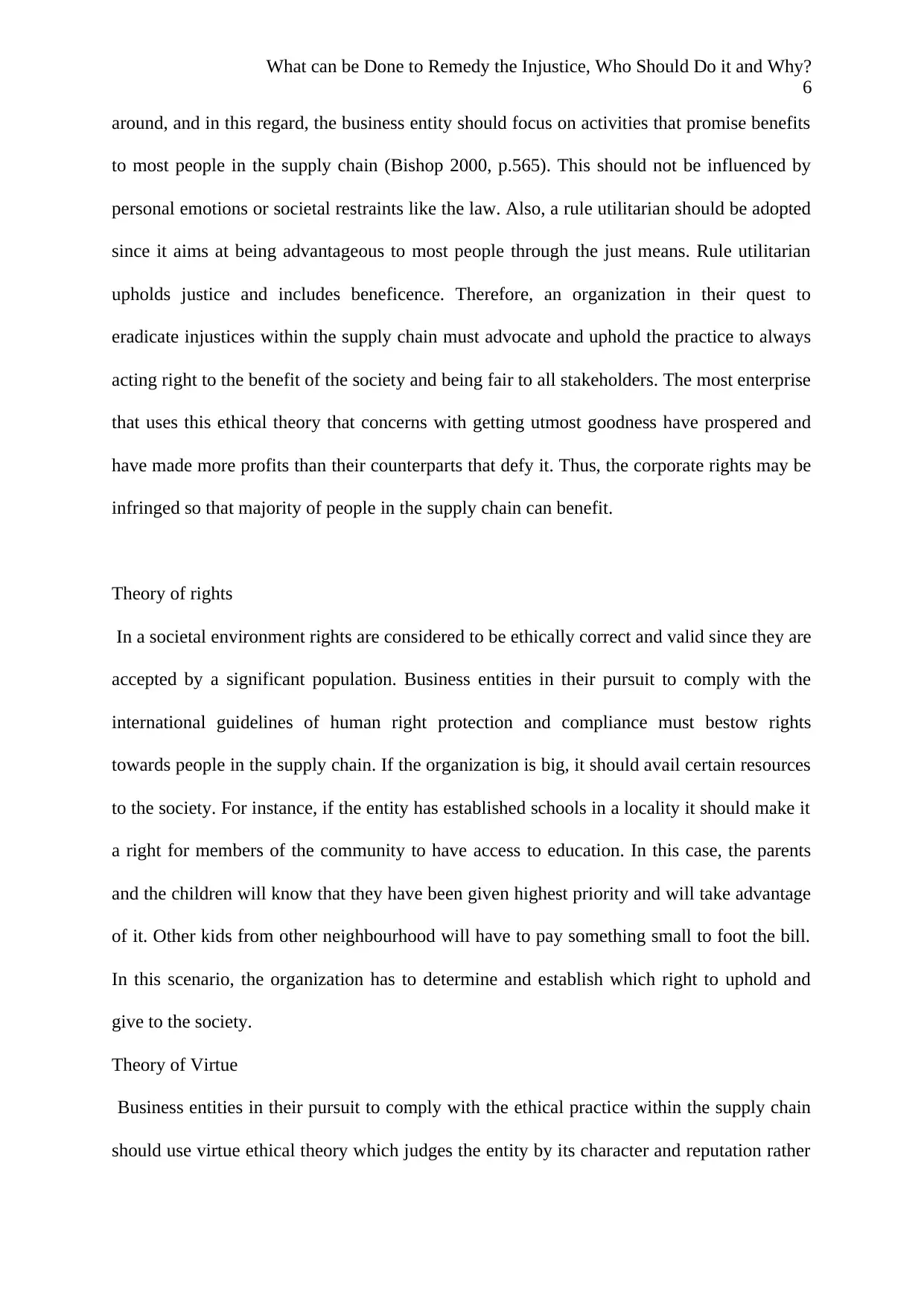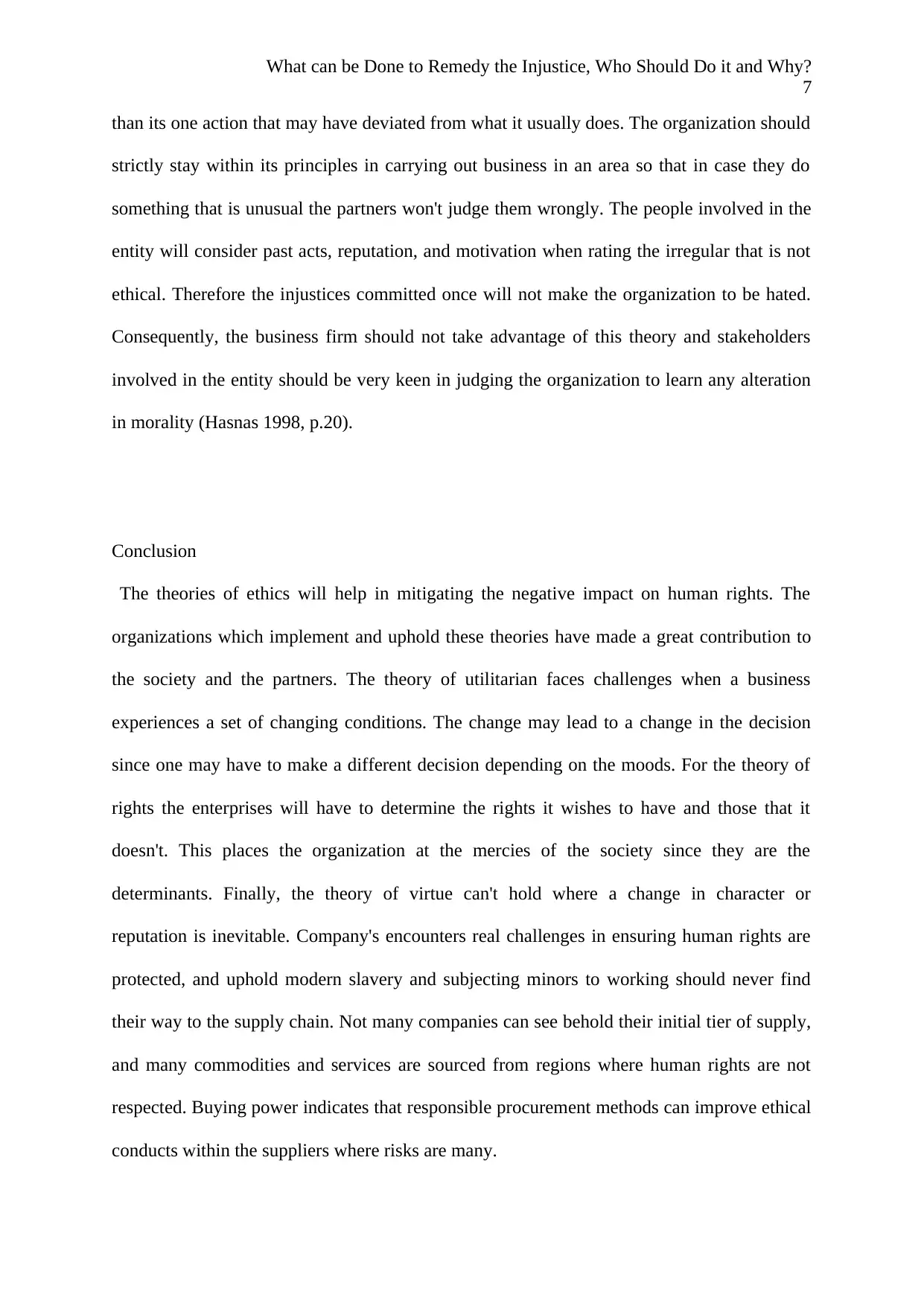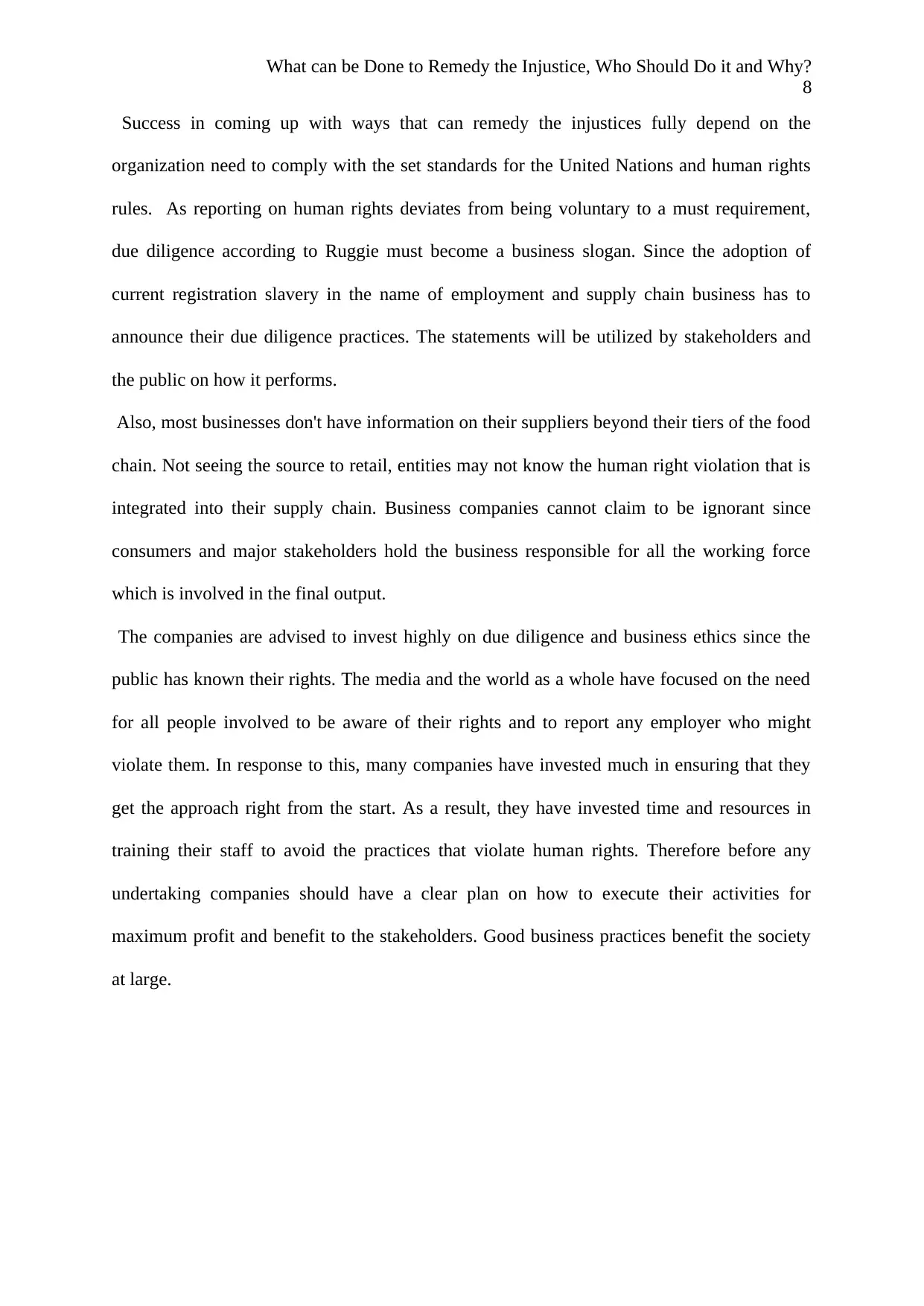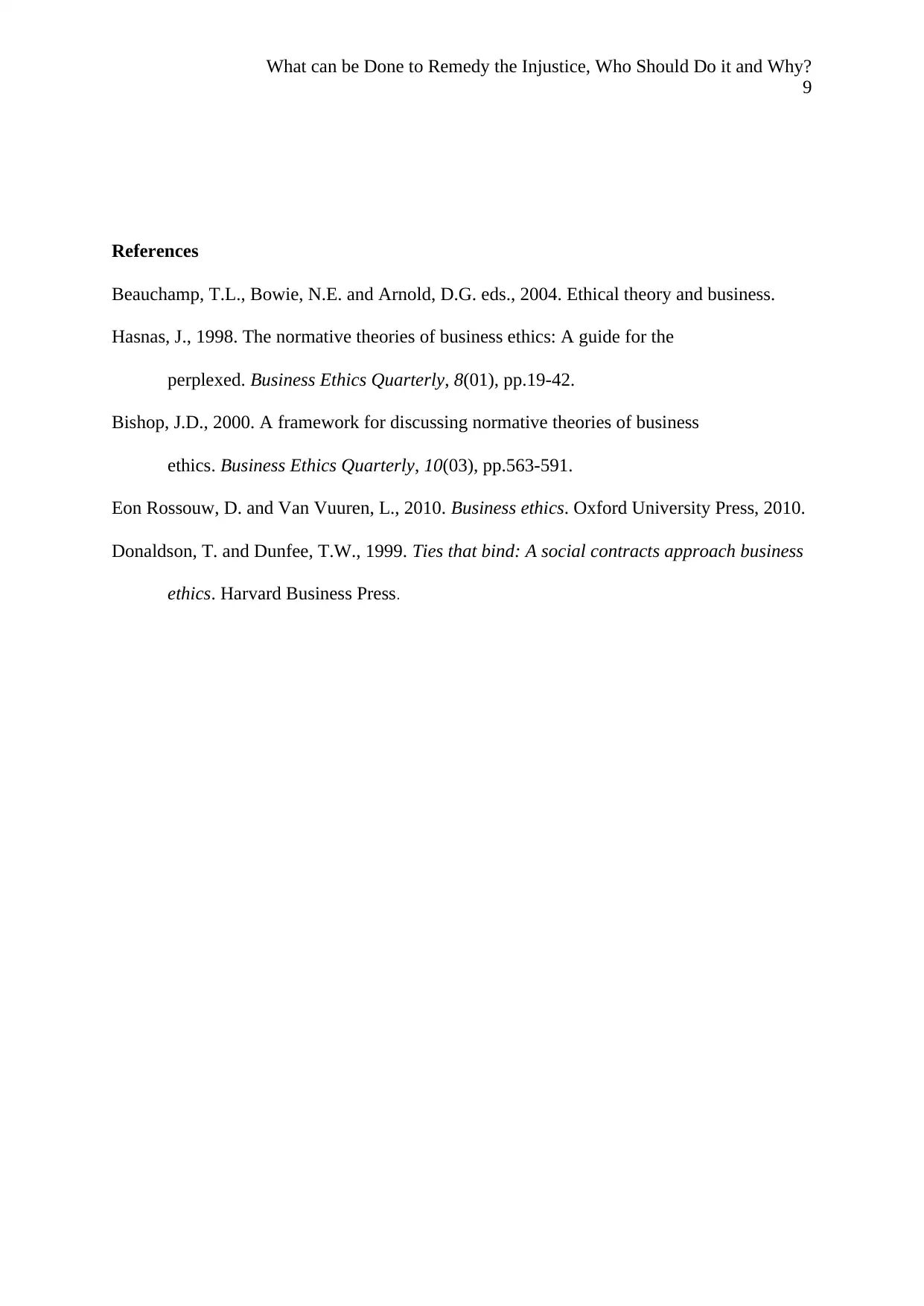Theories of ethics can help mitigate the negative impact on human rights by organizations implementing and upholding these theories. The three main ethical theories are utilitarian, rights-based, and virtue-based. However, each theory has its challenges when faced with changing conditions or situations. For instance, utilitarianism may require making different decisions based on moods, while rights-based approaches may rely on societal determinants. Virtue-based approaches can't hold where a change in character or reputation is inevitable. The importance of due diligence and responsible procurement methods cannot be overstated, as they can improve ethical conduct within suppliers. Ultimately, organizations must comply with United Nations and human rights rules, and adopt reporting mechanisms to ensure transparency and accountability.
![[object Object]](/_next/static/media/star-bottom.7253800d.svg)
![[object Object]](/_next/static/media/star-bottom.7253800d.svg)
